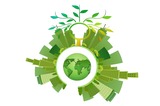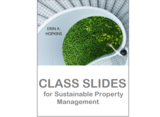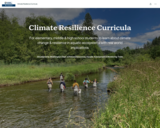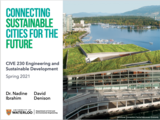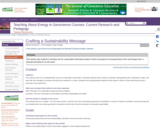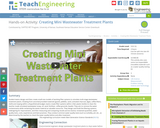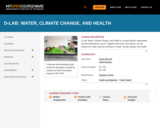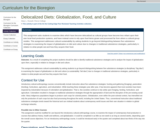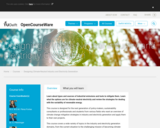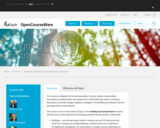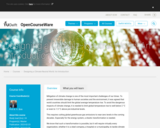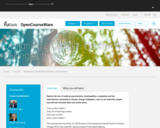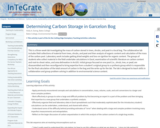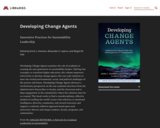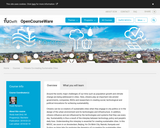
Around the world, major challenges of our time such as population growth and climate change are being addressed in cities. Here, citizens play an important role amidst governments, companies, NGOs and researchers in creating social, technological and political innovations for achieving sustainability.
Citizens can be co-creators of sustainable cities when they engage in city politics or in the design of the urban environment and its technologies and infrastructure. In addition, citizens influence and are influenced by the technologies and systems that they use every day. Sustainability is thus a result of the interplay between technology, policy and people’s daily lives. Understanding this interplay is essential for creating sustainable cities. In this MOOC, we zoom in on Amsterdam, Beijing, Ho Chi Minh City, Nairobi, Kampala and Suzhou as living labs for exploring the dynamics of co-creation for sustainable cities worldwide. We will address topics such as participative democracy and legitimacy, ICTs and big data, infrastructure and technology, and SMART technologies in daily life.
- Subject:
- Applied Science
- Architecture and Design
- Material Type:
- Full Course
- Provider:
- Delft University of Technology
- Provider Set:
- TU Delft OpenCourseWare
- Author:
- Huub Rijnaarts
- Date Added:
- 07/18/2018
